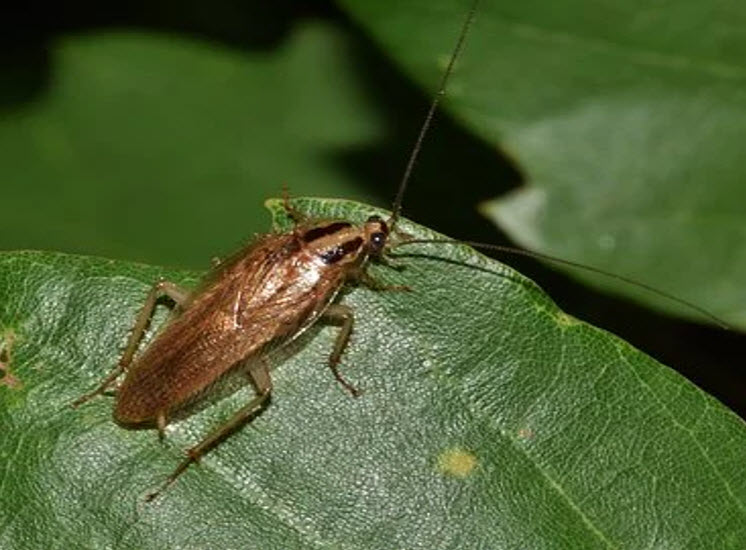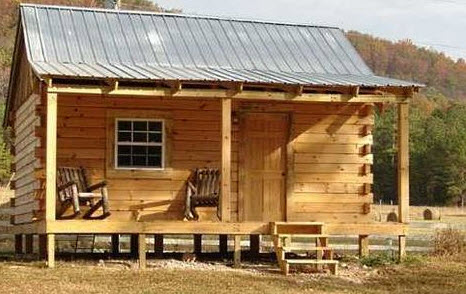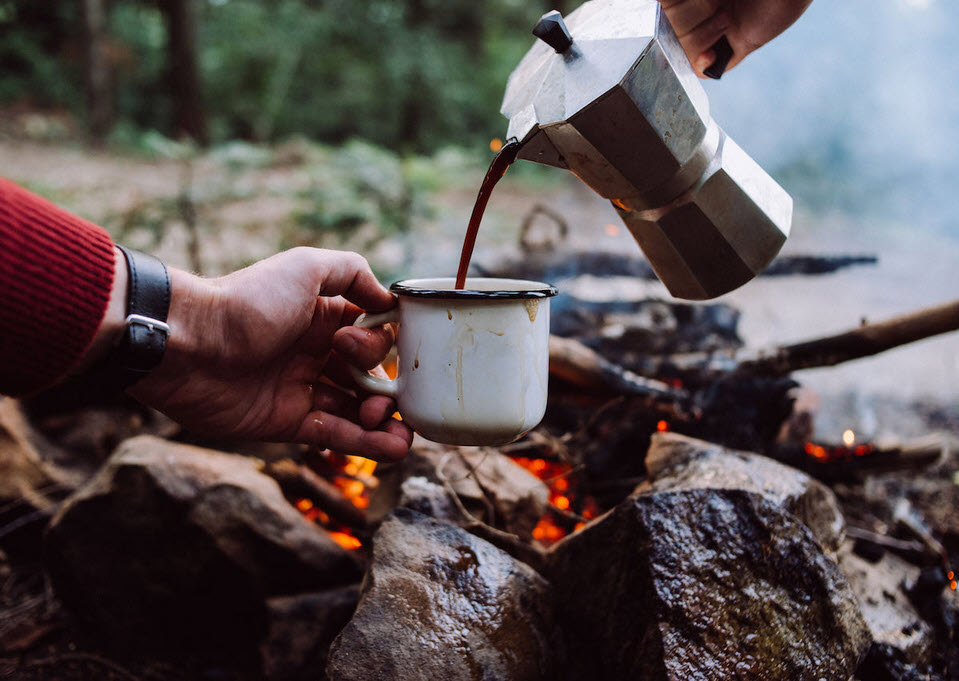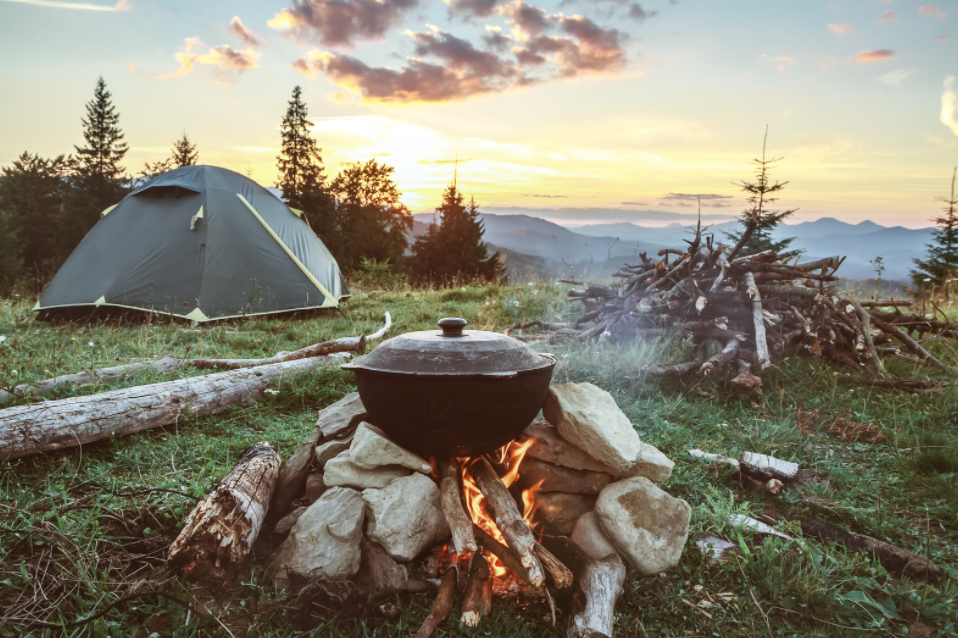
There are times when you wished you could be home. Especially summer nights in camping site having just arrived at your tent after a long day the only thing you don’t need to happen is to get bitten by a swarm of pesky bugs. These annoying pesky bugs keep on being virtually everywhere in the camping site especially when you are close to rivers all other water reservoirs that attract all those pests.
Besides the great annoyance that these bugs are giving to you there are also some health-related issues that need to be addressed when you are living in close proximity to them. They can give you some of the rarest contagious diseases that can be listed in the medical books. There are several persons who have suffered from fever and other painful skin irritations after being bitten by pesky bugs.
Are there ways to naturally get rid of these pesky bugs? What are the main issues that can happen to you when you are dealing with pesky bugs? When is their population more solid and multiplying through the year?
These and many other questions that you always wanted to know about, but you never dared to ask will be answered in this review. Most people are always in need to know about the flora and fauna of the camping site they are going to reside in. Many times, they come there prepared with some jungle formulas to keep the bugs away from their precious and sensitive skin. However, this whole procedure requires perfect precision and care so that you will always feel free to go wherever you want without having the limitations that pesky bugs are imposing on you.
Page Contents
What are the health risks from pesky bugs?
 Most of the pesky bugs are harmless. This means they can only provoke some skin irritation that is self-limited most of the time. The majority of people bitten by pesky bites are having some swollen skin areas and nothing else than that. The symptoms are usually itching on the site that is gradually becoming less and less important for the person bitten.
Most of the pesky bugs are harmless. This means they can only provoke some skin irritation that is self-limited most of the time. The majority of people bitten by pesky bites are having some swollen skin areas and nothing else than that. The symptoms are usually itching on the site that is gradually becoming less and less important for the person bitten.
However, there are some persons that have an extremely sensitive immune system that can over-react to such a bite. This means we have experienced people to suffer from severe inflammation and high fever after a pesky bug has bitten them. This has led many of them to the emergency room for adrenaline shots in order to make them relax and prevent further problems from their respiratory and vascular systems.
There are some unlucky persons that have been bitten by pesky bugs that were carriers of certain bacteria or viruses. These were usually brought from Africa or Asia since the global climate change has brought various tropical bugs to places that were usually off-limits for their presence. These bugs have great chances to transmit the viruses to your bloodstream and then you can start having signs of general infection and certainly need to take an intravenous antibiotic or antiviral treatment.
Hopefully, these bites from such pesky bugs are not so frequent. You will feel more excited to know that there are times people have died from such bites, but these are measured to the fingers of your one hand.
Natural remedies to get rid of pesky bugs when being in the camping site
Many times, you just need to eradicate these pesky bugs simply by spraying a natural formula that will make you smell a lot better and keep them away for the rest of the night. Peppermint is the basic substance of such a formula that needs to be added in an equal amount of distilled water and then sprayed on your skin.
This formula is the most successful against the pesky bites. It can create a natural shield that protects you against these pests that are there to bite you and get fed by your own blood. Going on there is also the chance to create natural formulas out of citrus. The oils that are in the citrus plant have a great scent for human beings but a disgusting one for the pesky bugs. This means you may easily apply this formula on you and then you will be bug-free for the rest of the night in your tent or hiking in nature with your friends while being close to your camping.
Another great solution can be the cinnamon camphor tree that keeps on being one of the best natural remedies against pesky bugs. Right after these bugs are smelling this unique scent is leaving your premises. This formula is not for you to apply it on your skin, but you can certainly spray your tent before you engage in your night sleeping procedures. Stay reassured that this formula will keep the pesky bugs away from you until the next morning.
Finally, since we all know that pesky bugs are attracted by your breath stay away from alcoholic beverages and beers during dinner time. You will feel a lot better when you are going to bed and your breath is going to contain less carbon dioxide that is one of the most important substances to attract the pesky bugs.
Conclusion
Pesky bugs have been in nature for thousands of years. When you want to reside in the wilderness in case you have visited camping then keeping away from the pesky bugs would be the recommended solution for you. Many people are trying chemical formulas to keep them away from them, but this hasn’t been proved to be the normal solution. Make sure you can prepare your own natural home remedy that can be sprayed on your skin for even better results.
Also, keep in mind that not all pesky bugs are harmful to your health. However, you need to take care of your alimentary habits so that you smell a lot less like a sweet for the pesky bugs. Stay away from the pesky bugs bites and thrive!
What are the most common camping insects? How to protect yourself from them?
Hiking in warm weather can be incredible, but the whole experience can become annoying and even painful if you get an insect bite. Unless you’re immune to insects, we recommend you look at our recommendations on protecting yourself from the most common insects when camping.

Mosquitos
The bloodsucking pests can carry many dangerous diseases like malaria, yellow fever, and the West Nile virus. Even if you shouldn’t worry about most mosquito bites, the bites can get inflamed and cause painful bumps at the site of the bite.
How to prevent mosquito bites?
- Use insect repellent to stop mosquitoes from biting you when camping. Look for a bug spray made with DEET.
- Mosquitos are attracted to objects in dark colors, so put on clothing in light colors. The clothing should be lost so that the insects have difficulty finding your skin.
- Don’t stay near standing water, as it’s a breeding ground for mosquitoes. Dry all the dishes right away and fill nearby puddles with dirt the moment you set out your camp.
- Don’t scratch and use anti-itch medication to treat bites or stings. Even if you use anti-itch medicine, the mosquito bites might still itch slightly.
- Put on clean socks as fragrant feet can attract mosquitoes. When camping, have dry feet and use baby powder inside the socks to keep them odorless.
Chiggers
The chiggers aren’t insects but mites. However, they’re widely spread throughout the US and cause significant discomfort. Here’s how to keep them away:
- The easiest way to deter chiggers is to apply insect repellent with DEET on your skin and clothing. Permethrin is another efficient chemical and you can find it as powder, liquid, sprays, and permethrin-treated clothing.
- Chiggers are tiny, so it’s easy for them to get to your skin. Put on tightly woven clothing, so they have a hard time reaching your skin.
- Wear long pants and adequate footwear. Tuck your shirt into the waistband, especially when hiking foliage and tall grass.
- Chiggers like tall vegetation, so stay on well-maintained tracks to reduce the risk of running into them.
Ticks
Ticks are pretty standard when camping and the parasites will go to warm parts of your body like the scalp, underarms, and genital area. They can carry harmful blood-borne diseases such as Lyme disease.
- If you didn’t get it by now, here it goes again: always apply an insect repellent when camping. Insect sprays formulated with DEET can deter many pests, with ticks including.
- You will be able to spot ticks when you wear light-colored clothing.
- Stay on track and avoid tall grass and dense brush—ticks like it there
- Use picnic benches and camping chairs if possible instead of sitting down on bare ground or logs. Ticks cannot fly, so they will climb on your skin only if you’re sitting close to the ground or walk into the tall grass, dense brush, etc.
Bees, hornets, and wasps
Statistics show that almost 60 people die every year because of these insects. If that’s not a high number to you, we care to highlight that they are the top human-killing insects. There are many wasps, bees, and hornets, and not all of them live inside hives. Mounds and underground are places where some species live.
- Please stay away from the hives to avoid them as much as possible.
- If you know you are allergic to bee stings, you must always have an EpiPen on you.
- Since bees, wasps, and hornets are loud, you will be able to hear them and act accordingly.
- Don’t wait and take off as fast as possible if you are attacked. You don’t want them to get more aggressive than they already are. Hornets and wasps are a real danger because they don’t die from stinging as bees do. They can hit you several times. You should look for a place with water or fire, as smoke is an efficient deterrent against these insects.
Spiders
Black widow
The black widow is the most venomous insect in North America and can cause significant problems, which anyone injects with the potent venom. The juveniles and males don’t carry the dangerous venom that full-grown females do. Therefore, you should learn to make a difference between the males and juveniles and the females. Anyway, if there are males and juveniles around, the chances for females to be around are high.
The female is easy to recognize as it has a red hourglass on the underbody, which means to stay away from her. If you are careful with what you touch, you will probably see it. Don’t go into dark areas as you risk getting bitten. The risk is even higher if the site is undisturbed, dark, and dry.
The venom contains latrotoxin, which makes the bite really painful. The black widow has larger than normal venom glands. The bite can also result in death, so don’t take the black widow’s bite lightly. Even if you don’t die, you don’t want to end your camping trip like this.

Brown Recluse
Brown recluses like dead tree bark and only hunts at night. They prefer undisturbed and dry areas and aren’t widely spread. As a matter of fact, you might live in a state without a brown recluse. This doesn’t mean that you shouldn’t worry if they bite you—the brown recluse attacks with a strong hemotoxic venom that can eat away flesh. The toxin can even burst red blood cells. In almost 40% of the victims, skin necrosis will take place.
The bites from a brown recluse are rarely fatal, but why take your chances?
Hobo Spider
Unfortunately, the hobo spider is rather tricky to identify and many sit on the fence about its venomous bite and aggressivity. The hobo spiders become aggressive when they protect the egg sacs. The information on these spiders is scarce, but there are plenty of myths about them. Truth be told, they’re not as dangerous as black widow and brown recluse. Scientists still debate about how dangerous hobo spiders are. Will they bite? Yes, they will. Will they inject necrotic venom? No.
All in all, when camping, you should avoid as much as possible the undisturbed areas; it’s where most highly venomous insects like to hide. These insects like to be left alone and don’t want to bite you. Instead, they would go after their prey than harm you when you disturb their homes.
Your grandparents were right: they are afraid of you as you are of them!








